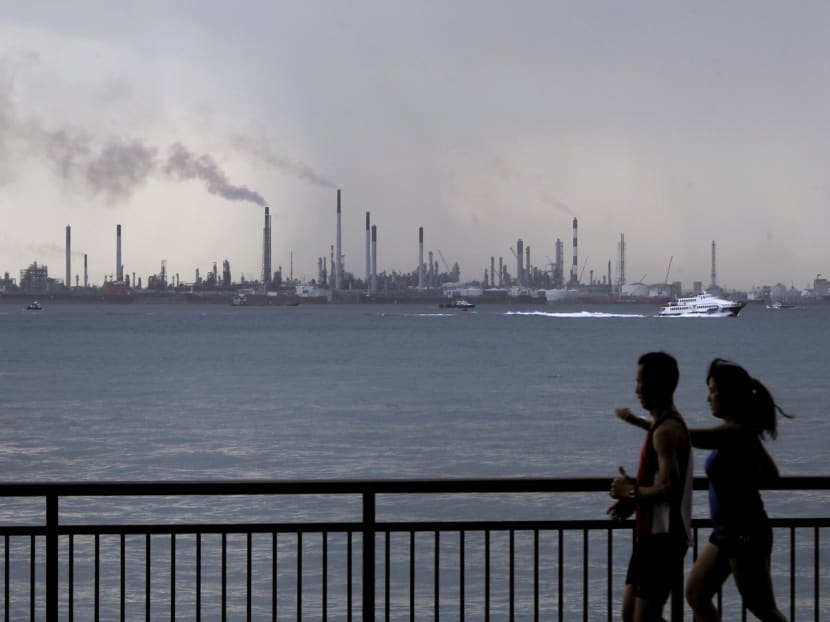‘Move to nuclear power needed’ if Singapore wants to cut emissions
SINGAPORE — In the next 50 years, Singapore can either choose to continue using natural gas to meet most of its energy needs, or move to nuclear power, said a panellist at an Institute of Policy Studies conference yesterday.
SINGAPORE — In the next 50 years, Singapore can either choose to continue using natural gas to meet most of its energy needs, or move to nuclear power, said a panellist at an Institute of Policy Studies conference yesterday.
Nuclear power is the option if Singapore wants to seriously address climate change and cut carbon emissions, said futurist and business strategist Peter Schwartz, who is also on Singapore’s Research, Innovation and Enterprise Council.
“You’re going to continue to need electricity, and renewables will be insufficient. You’re either going to have to continue using natural gas ... or move to nuclear power,” said Mr Schwartz at the session on energy, the environment and the resilience of cities at the Singapore at 50: What Lies Ahead conference.
“In the end, if we’re really serious about climate change, then we’re facing one alternative. And that one alternative that we actually have is nuclear power.”
Despite high-profile disasters such as Fukushima in Japan, he said nuclear power has been safe.
Nuclear energy technology has advanced, and Singapore could consider one of three options: Have nuclear power plants on offshore barges, build an underground plant, or collaborate with neighbours to build one on a neighbouring island, said Mr Schwartz, who is also senior vice-president of strategic planning at Salesforce.com.
In 2012, the Government had said nuclear energy was not yet suitable for deployment in Singapore, as power plant designs still posed more risks than benefits for the Republic.
This was after it had conducted a pre-feasibility study, as part of efforts to diversify Singapore’s energy mix and ease energy constraints in the long term.
At the session yesterday, Dr Liu Thai Ker, a fellow panellist and former chief planner of the Urban Redevelopment Authority, was asked how long-term planning for infrastructure and economic activities could be done, given uncertainty over the shape of the future economy and employment patterns.
Dr Liu, an architect-planner, said the Government is aware that the economy is changing all the time and it has policies such as 99-year leases for commercial and residential land, as well as leases as short as 15 years for industrial land.
However, long-term and intelligent planning is nonetheless needed, and “the job of a planner is to look at the changing patterns and create land spaces as well as building spaces”, he said. NEO CHAI CHIN







